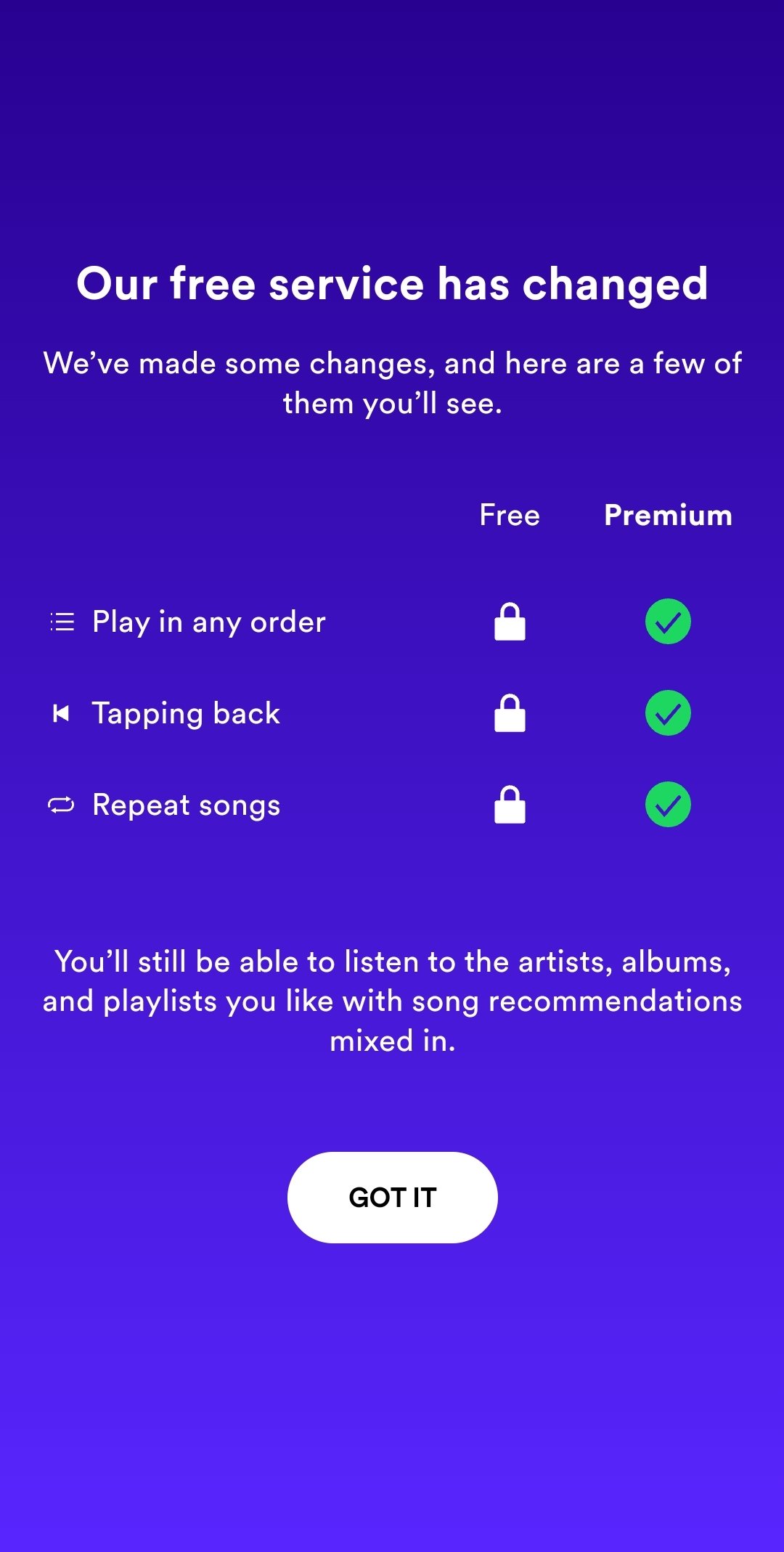this post was submitted on 17 Oct 2023
1683 points (95.0% liked)
Technology
59105 readers
3215 users here now
This is a most excellent place for technology news and articles.
Our Rules
- Follow the lemmy.world rules.
- Only tech related content.
- Be excellent to each another!
- Mod approved content bots can post up to 10 articles per day.
- Threads asking for personal tech support may be deleted.
- Politics threads may be removed.
- No memes allowed as posts, OK to post as comments.
- Only approved bots from the list below, to ask if your bot can be added please contact us.
- Check for duplicates before posting, duplicates may be removed
Approved Bots
founded 1 year ago
MODERATORS
you are viewing a single comment's thread
view the rest of the comments
view the rest of the comments

According to this blogpost or whatever it is Spotify basically doesn't pay artists, so if there's a niche/local/whatever band you like, the best way to show support is by buying their tracks/records directly from them.
I think for smaller artists, Spotify is less for revenue and more for exposure, hoping that your music can reach new listeners.
"I can't pay you in cash, but I'll get you exposure!"
"woah" as they hold up the piece of paper that says 'exposure', "this is worthless!"
(kinda meme kinda serious, as I know nobody who hears an artist on a streaming service and then does anything past listen to them on said streaming service, netting the artist effectively nothing)
I think my favourite retort to "we can pay you in exposure" that I've ever seen has been "people die from exposure." It's just so succinct.
I get your point but it really depends on the audience you're looking at. Personally, I use Spotify a lot to listen to any new artist I can find and check their stuff out without crawling a) youtube or b) buying their records in advance. If I stumble upon some stuff that I'm really into, I look if there are any vinyls available. (Bonus step c): you're two months late to the vinyl release and the discocks are already hoarding all copies, smh.)
The point you've made kinda boils down to the question if music is a hobby or a commodity for said person. The "problem" I'm seeing is that music is more of a commodity to many people that just listen to stuff for the sake of listening to it. That's just a product of changing times and the relation between people and music and the distributors inbetween reflects that. Of course this is frustrating for the load of talented artists that just niche audiences care about.
Please allow me to introduce myself lol.
I go to live shows pretty frequently, maybe every two months or so, and my first exposure to many of the artists I've seen came from a random Spotify recommendation. I don't think this kind of thing is particularly uncommon among people who go to shows frequently. If I don't learn about them from Spotify, I heard about them from a friend or online community that was listening to them. Music really moves through social networks, so exposure can have some real value, though I agree it's rather cruel to literally not pay an artist and simply tell them they're getting exposure.
But hey, if exposure truly was worthless, advertising wouldn't be a multi-billion dollar industry.
I have the same experience. It's not like I'm on tick tock or watching MTV to find new artists. I deep dive thru the artists I already like and find them that way. It's expanded what I listen too compared to my dad who is still stuck in the 70s
Yeah, spotify recommendations, spotlist, and whatnot has replaced what MTV was back in the day.